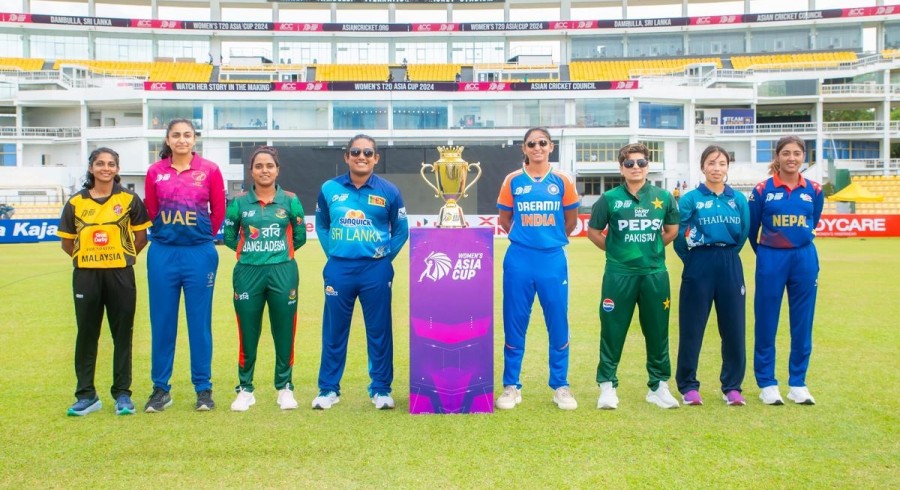The Asia Cup, set to be played in the T20 format this year, starts on Friday, with India facing off against traditional rivals Pakistan
 PHOTO: AFP
PHOTO: AFP
India's captain, Harmanpreet Kaur, emphasized on Thursday that they are using the Women's Asia Cup as a crucial platform to gear up for the upcoming T20 World Cup.
The Asia Cup, set to be played in the T20 format this year, starts on Friday, with India facing off against traditional rivals Pakistan. The World Cup will follow later in the year in Bangladesh.
"This tournament holds significant importance for us as we respect it equally and aim to excel both at the Asian and global levels. Our focus remains unchanged, whether we are preparing for the T20 World Cup or any other major tournament. Every game is crucial, and we strive to perform our best," Kaur stated at the captains' press conference.
"The challenge is to continue the successful strategies we've implemented in previous Asia Cups, maintain our dominance over other teams, and enjoy our cricket," she added.
India has an impressive track record in the Women's Asia Cup T20, with 17 wins out of 20 matches, including their victory over Bangladesh in the 2022 final. Their performance against Pakistan has also been strong, boasting 11 wins and only three losses in 14 matches.
"We always relish playing against Pakistan, but every team is important. Our goal is to consistently play good cricket, and we will stick to this approach," Kaur said ahead of their opening match.
Pakistan's captain, Nida Dar, acknowledged India's strength and expressed the intent to learn from their experiences. "Playing against India is valuable as they play with a great approach in T20s. This series is crucial for us to learn from them," Dar remarked.
In addition to India and Pakistan, the tournament will feature teams from Sri Lanka, Bangladesh, Malaysia, Nepal, Thailand, and the United Arab Emirates.